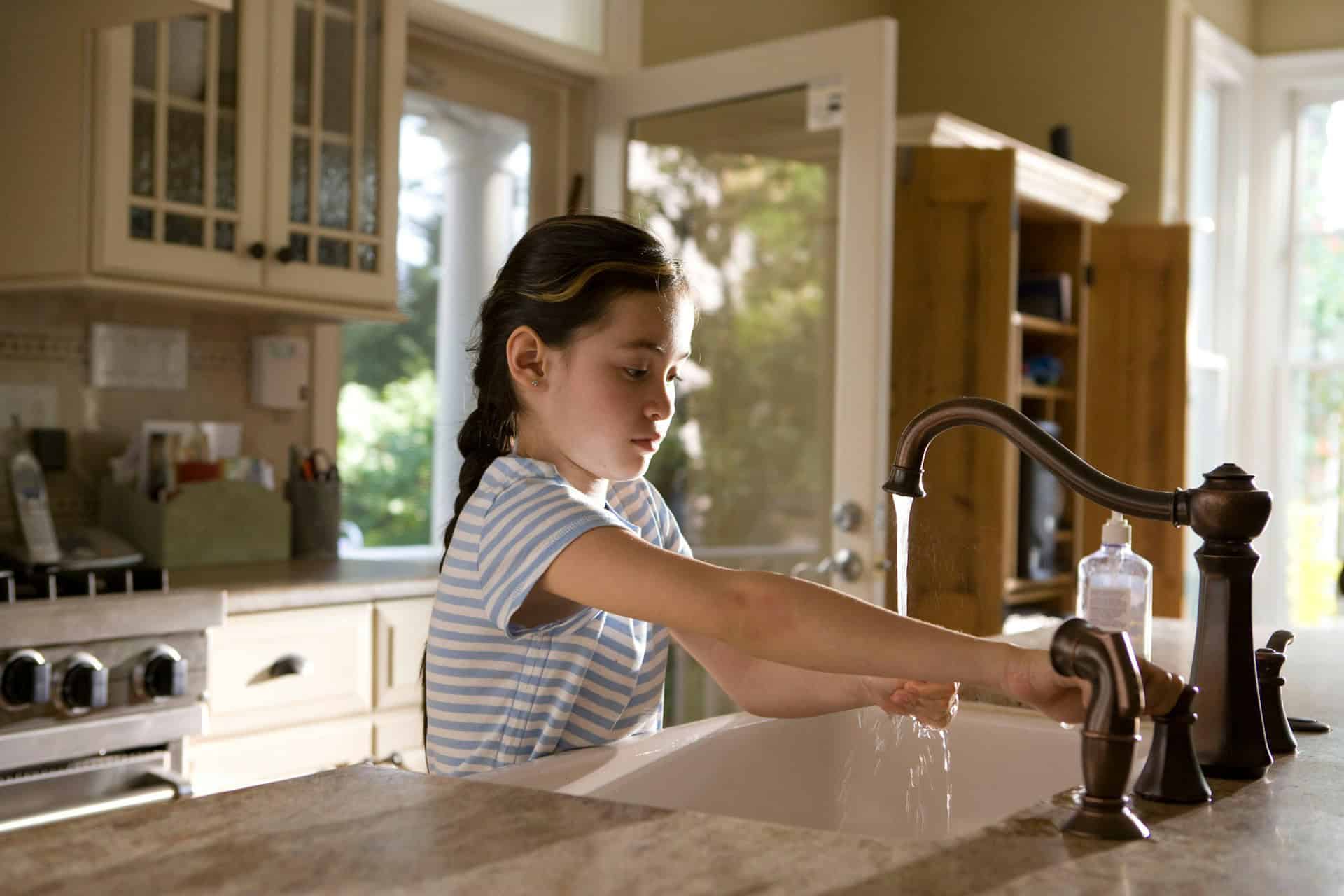
Question: What Happens if a Kitchen Sink Doesn’t Have a Vent?
Answer: If a kitchen sink doesn’t have a vent, water drains slowly and can gurgle. The resulting vacuum can also siphon water out of the P-trap, allowing sewer gases to enter the house.
Understanding Kitchen Sink Vents
A properly functioning kitchen sink relies on a vent. This vent, a pipe connecting the drain system to the outdoors, plays a crucial role in proper drainage. It allows air to enter the drain pipes. This air pressure regulates water flow. Without this vent, your sink’s drainage and overall plumbing can experience various problems.
What Happens if a Kitchen Sink Doesn’t Have a Vent?
If your kitchen sink lacks a vent, you will likely encounter several issues. Water may drain slowly, leading to standing water and unpleasant odors. Gurgling sounds often accompany slow drainage as air struggles to enter the drain system. Trapped sewer gases can escape through the drain, creating unpleasant smells in your kitchen. These gases pose health risks. Severe venting issues can also lead to drain traps drying out, allowing sewer gases to enter your home. This situation requires immediate attention.
Click the link to read more about Blue Kitchen Refacing
Related Article: How Do I Increase Water Pressure in My Kitchen Sink?
Related Article: Does Kitchen Plumbing Need to Be Vented?
Gurgling Sounds and Unpleasant Odors
Gurgling sounds from the drain often accompany slow drainage. These sounds indicate air struggling to enter the drain pipes. As water flows down the drain, it attempts to pull air in with it. Without a proper vent, the air cannot enter freely, creating the gurgling noise. Simultaneously, sewer gases trapped in the drain lines can escape into your kitchen due to the pressure imbalance. This leads to unpleasant odors emanating from the sink drain, a clear sign of venting issues.
The Importance of Proper Venting
Proper venting ensures smooth and efficient drainage in your kitchen sink. It prevents slow drainage and gurgling sounds by equalizing pressure within the drain pipes. The vent allows air to enter the system, preventing a vacuum effect. This free flow of air allows water to drain quickly and without obstruction. Additionally, proper venting prevents sewer gases from entering your home. It keeps these gases within the drain system and directs them outside, protecting your indoor air quality.
Solutions for Venting Issues
Addressing venting issues usually requires professional plumbing expertise. A plumber can diagnose the specific problem and implement the appropriate solution. Common solutions include installing a new vent pipe or clearing blockages in the existing vent. Sometimes, a simple cleaning of the vent pipe suffices. In more complex situations, the plumber might need to reroute or add new vent pipes. The chosen solution will depend on the layout of your plumbing system and the specific venting problem. Do not attempt to resolve major venting issues yourself. Contact a qualified plumber for safe and effective solutions. A well-ventilated plumbing system is essential for a functional and healthy kitchen.
Conclusion
In conclusion, a kitchen sink vent plays a vital role in proper drainage and preventing unpleasant issues. A lack of proper venting can lead to slow drainage, gurgling sounds, and the release of harmful sewer gases. Addressing these issues promptly with professional help ensures a functional and healthy kitchen environment. Understanding the importance of a properly functioning vent system allows homeowners to address potential problems early, minimizing inconvenience and maintaining a healthy home. [ 1 ]
References
1. https://www.thespruce.com/sink-vent-installing-an-auto-vent-2718828

Blue Malue Get in touch with Blue here.
